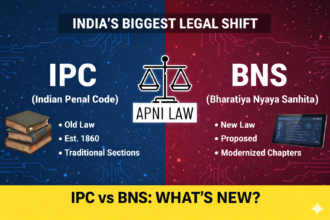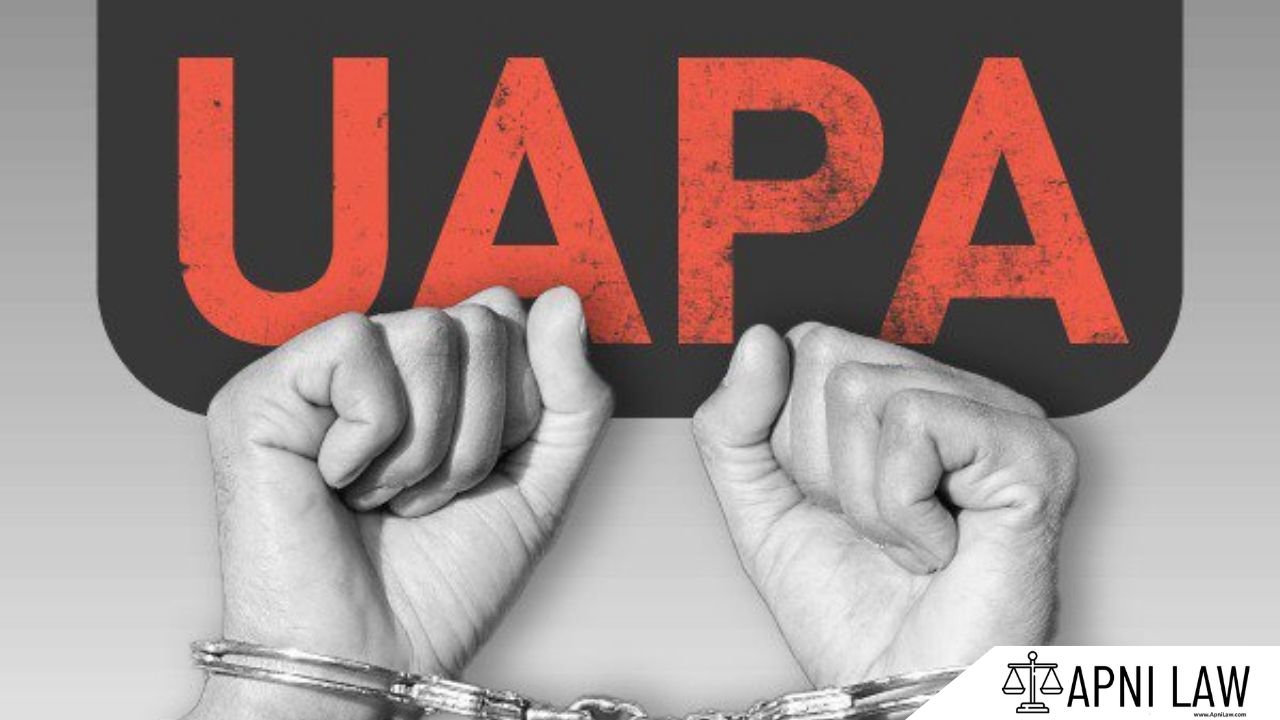Latest BNS News
Section 361 BNS vs Section 403 IPC: Criminal Misappropriation Compared
Introduction Section 361 of the Bharatiya Nyaya Sanhita,…
By
Amna Kabeer
Section 109 BNS vs Section 107 IPC: Abetment of Offence Under BNS vs IPC
Introduction Criminal law does not only punish those…
Section 108 BNS vs Section 120B IPC: Criminal Conspiracy Provisions Explained
Introduction Criminal conspiracy has always occupied a unique…
Section 97 BNS vs Section 361 IPC: Kidnapping from Lawful Guardianship Compared
Introduction Kidnapping from lawful guardianship directly threatens the…
Section 96 BNS vs Section 359 IPC: Kidnapping Offences Under BNS vs IPC
Introduction Kidnapping strikes at the very foundation of…
Section 74 BNS vs Section 366 IPC: Kidnapping, Abduction and Related Offences Compared
Introduction Kidnapping and abduction are serious offences that…
Section 70 BNS vs Section 354A IPC: Sexual Harassment Provisions Explained
Introduction Sexual harassment occupies a crucial space between…
Section 69 BNS vs Section 354 IPC: Outraging Modesty of Woman Compared
Introduction The offence of outraging the modesty of…
Section 64 BNS vs Section 376 IPC: Punishment for Rape Under BNS vs IPC
Introduction Punishment for rape plays a critical role…
Section 63 BNS vs Section 375 IPC: Rape Definition and Legal Changes Explained
Introduction The offence of rape occupies a deeply…






